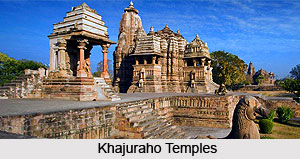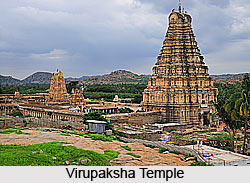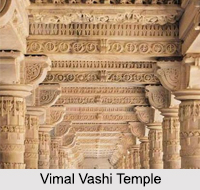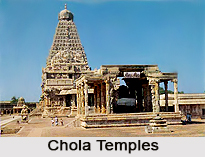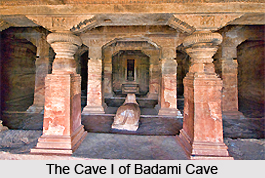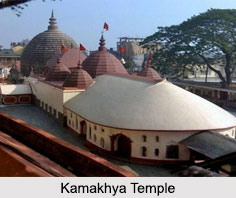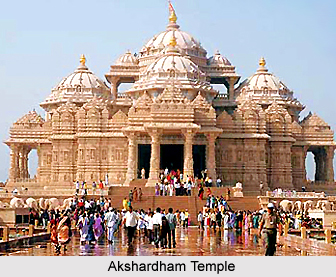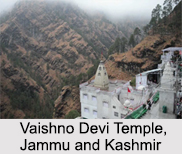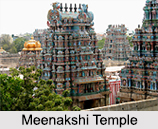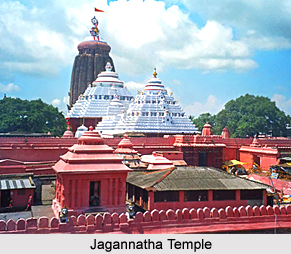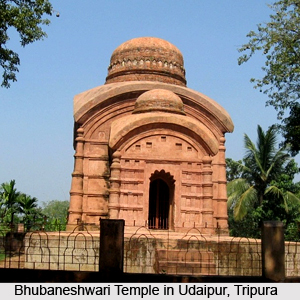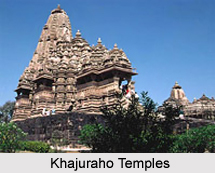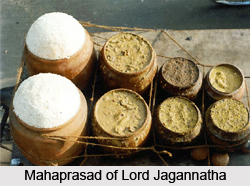 Mahaprasad is the word functional to the 56 food items offered to Lord Jagannath in the holy Jagannatha Temple of Puri.
Mahaprasad is the word functional to the 56 food items offered to Lord Jagannath in the holy Jagannatha Temple of Puri.
There are four hallowed shrines located at cardinal points of the Indian sub-continent i.e. Puri, Rameswar, Dwarika and Badrinath are believed to have been liked by Lord Vishnu intimately.
It is said and believed that Lord Jagannatha takes His bath at Rameswaram, meditates at Badrinath, dines at Puri and retires at Dwarka. Hence, the temple food "Mahaprasad" (not simply prasad) at Puri is held to be of supreme importance.
According to Skanda Purana, Lord Jagannath redeems the devotees by permitting them to partake his Mahaprasad, to have His darshan and to worship him by observing rituals and by offering of gifts. Mahaprasad is treated here as `Anna Brahma`. The temple kitchen has got the capacity to cook for a lakh of devotees on a day.
Cooking of Mahaprasad
Mahaprasad is cooked only in earthen pots and medium of food is fire wood only. The steam-cooked food is offered to Lord Jagannath first and then to Goddess Vimala after which it becomes Mahaprasad. This Mahaprasad is freely partaken by people of all castes and creeds without any discrimination. The items offered include cooked rice, dal, vegetable curry, sweet-dishes, cakes etc. Dry confectionaries are prepared of sugar, gur, wheat flour, ghee, milk and cheese etc. When the steam cooked food is carried to Lord Jagannatha in slings of earthen pots no flavour comes up from the food but when the same is carried back to the sale point after being offered to the Lord a delicious smell spells along in the breeze to the pleasant surprise of the devotees. Now the food is blessed.
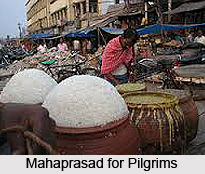 Consolidation of Mahaprasad
Consolidation of Mahaprasad
Mahaprasad consolidates human bond, sanctifies sacraments and grooms the departing soul for its journey upwards. Mahaprasad are sold in Anand Bazar of the Jagannatha temple which is situated on the north east corner of the outer enclosure of the temple. It is the biggest open-air hotel in the world where every day thousands of devotees purchase and eat together forgetting their caste, creed and status.
Consuming of Mahaprasad
Mahaprasad is consumed in most of the residents in and around Puri, Odisha depending upon this Mahaprasad to entertain their guests during social functions such as threading and weddings. In all auspicious occasions in Oriya Hindu families Mahaprasad is taken first. The tourists prefer to carry a particular type of dry Mahaprasad known as" Khaja" (made of maida, sugar and ghee) which stays fresh for days together.
Offering of Mahaprasad
Mahaprasad is ceased to be offered during the 21 days preceding the Ratha Yatra, as the lord is said to be having fever in that period.
Dried rice Mahaprasad known as "Nirmalya" is also used by devotees and tourists for different sacred occasions. Mahaprasad served on a plantain leaf. There are six particular times a day, starting from early morning, when different kinds of Pitha, vegetables, rice and dal are offered to Jagannath and his sibling deities. Locally the offerings are called Dhupa when offered through Sodasa (16) Upchars and Bhoga when offered through pancha upacharas.
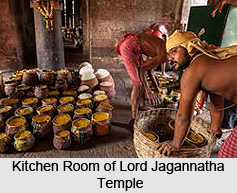 Naivedya to Lord Jagannath
Naivedya to Lord Jagannath
The most popular is the midday Naivedhya, which contains the maximum number of food items. The items are not cooked by any human beings, but rather the ingredients are put in earthen vessels and kept on a wooden fire. After time has passed, the items are taken away from fire and taken by supakaras to the Sanctum sanctorum or Garbhagriha for offering. The naivedhya is thereafter offered to the sibling deities that are again offered to Vimala, a form of Shakti. Then the prasad becomes Mahaprasad and people partake the mahaprasad. When the Sun stays in the zodiac Dhanu, during that time an additional naivedhya is given before sunrise which is called Pahili Bhoga. The morning food is known as Sakala Dhupa, Kotha bhoga, Bhoga Mandapa Bhoga, Bada Singhara Bhoga.
